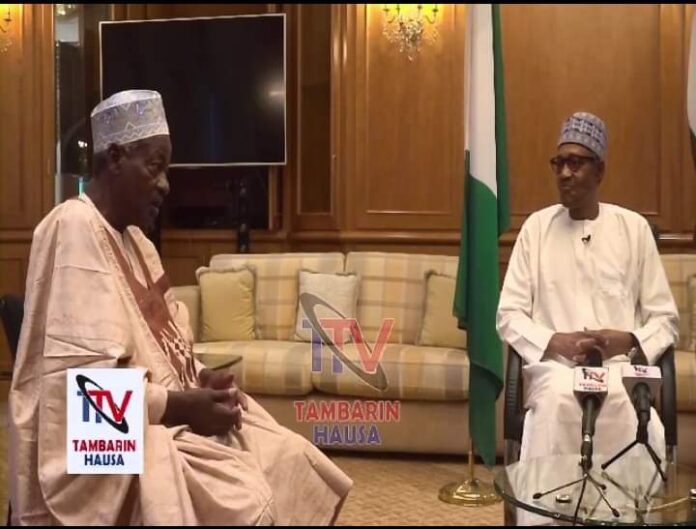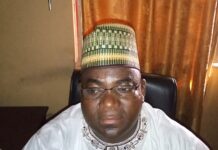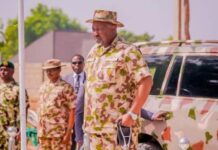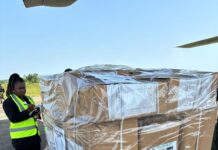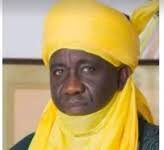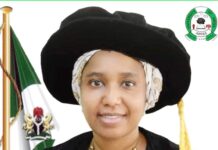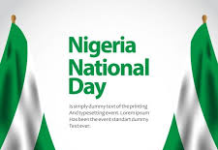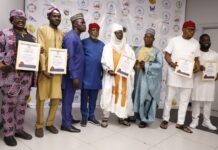A Post-Mortem on Getso Interview With Buhari, By Na’alla Mohammed Zagga
POLITICS DIGEST The worst interview for any politician is to come across as lacking empathy, and the worst perception for a journalist is to come across as being cringy. Having access to the President for an interview is not a common opportunity. So, if that opportunity comes, the journalist must make the best of it by asking probing questions on behalf of the general public who don’t have access to the President. And the President should use that opportunity to show that there is a correlation between leadership, compassion and connectivity.
Halilu Ahmed Getso is no doubt a veteran broadcaster, but his interview with President Buhari leaves a lot to be desired. It lacks follow up questions on evasive answers. Instead of probing questions, Getso and his colleagues were laughing whenever the President trivialised the issue of hunger in the land. That the President was making unsubstantiated claims is not funny.
For a President to suggest that there is no hunger in the land and that those complaining of hunger should go and farm it suggests a clear evidence of a leader out of touch with our realities.
How many peasant farmers can afford to farm without money? How much is the cost of fertilizer today? What about the adverse consequences of banditry that further worsened the poverty situation of our peasant farmers?
Our peasant farmers are ravaged by poverty. Most of people enjoying the CBN agric loans are politically privileged farmers. The real farmers didn’t have access to those loans. These politically privileged farmers even donated N1billion to help CBN Governor Emefiele to buy the APC presidential nomination form. That N1billion was enough to help poor farmers displaced by banditry.
Read Also:
It’s disappointing that Getso and his fellow interviewer failed to draw the attention of the President to these inconvenient realities. Buhari banned the importation of foreign rice in order to promote and encourage the local production of the stable food crop, which is commendable. But can a situation where millions of ordinary people can’t afford the rice be deemed a success? Can a policy that largely enriched politically privileged farmers be honestly termed a success when the peasant farmer is still economical gasping for breath?
Surprisingly, Getso and his colleague didn’t do justice to these issues. Most of the President’s answers were unconvincing. The interviewer’s job is to seek clear and unambiguous answers. Most politicians are scared of being interviewed by Mahdi Hassan because he does his research very well and asks probing questions. If local rice production is dominated by politicians and other privileged groups, and you are buying rice at almost N40,000, isn’t that a major defeat of the policy on banning the importation of foreign rice? Before the ban, a bag foreign rice was being sold around N9,000. Today the local rice is being sold at N35,000 to N40,000!
Our land borders were closed since 2019 and reopened this year, but the policy didn’t stop the flow of arms into the hands of the bandits and terrorists. The NNPC continues to blame the scarcity of petroleum on smugglers, despite the closure of our land borders by the Buhari administration. Any reporter or interviewer who had the opportunity to ask the President questions should use that opportunity for the good of the public. It’s not the reporter’s job to nod sheepishly to disingenuous answers from the President or any public figure. The President was blaming the victims of hunger and not once did he admit that the flaws in policy implementation were contributing factors to turning good intentions into a nightmare for millions. The exploitation of Nigerians by the so-called local rice producers who used public funds to produce the food is against the spirit of the entire policy of banning the importation of foreign rice into the country.

